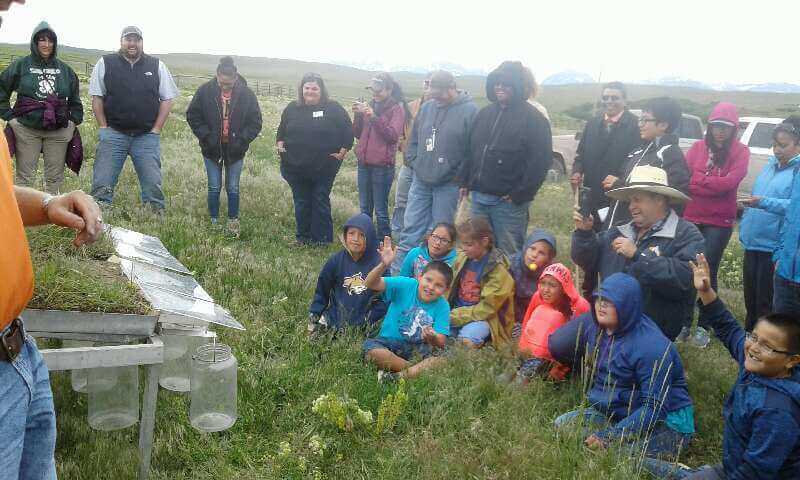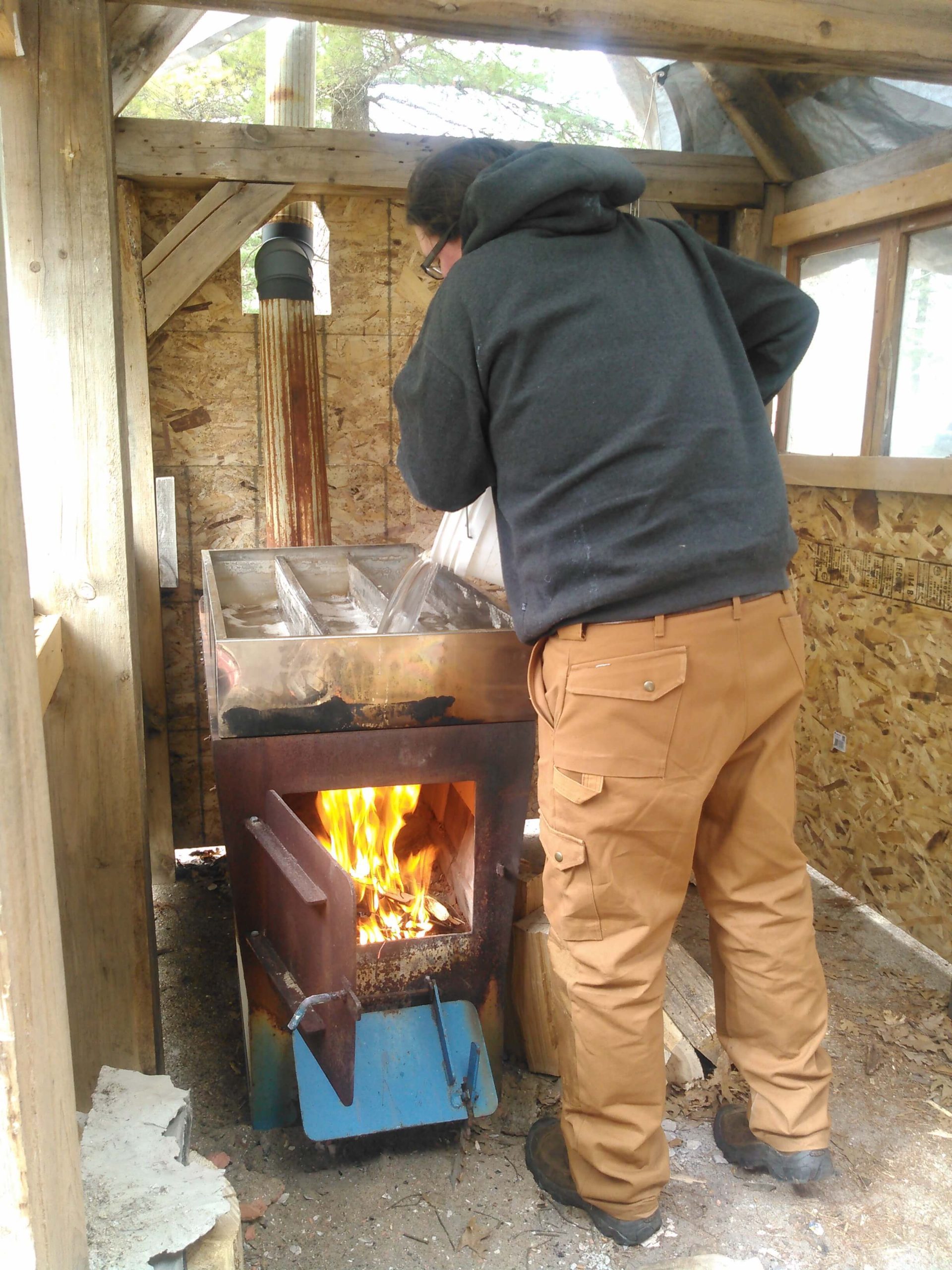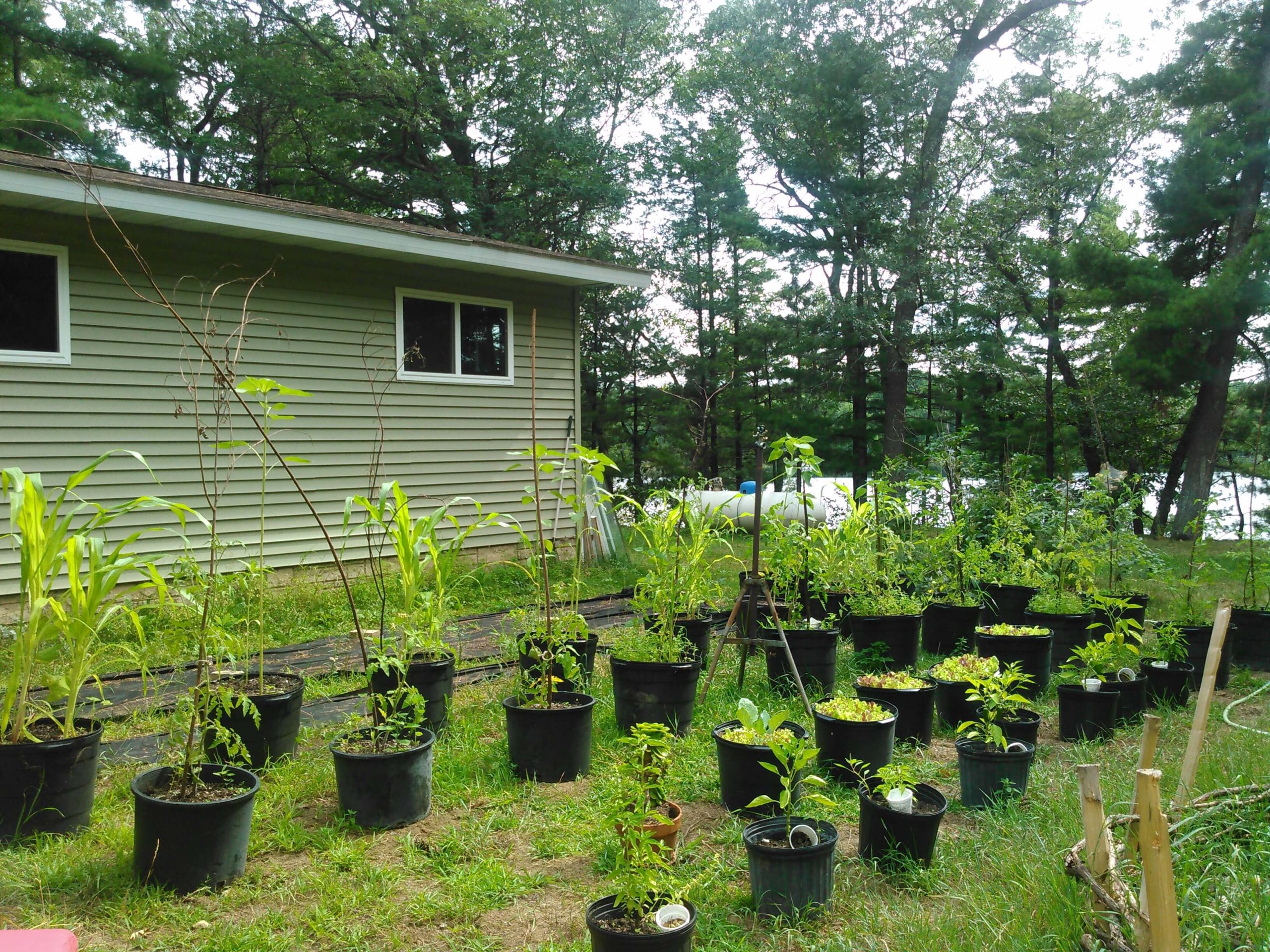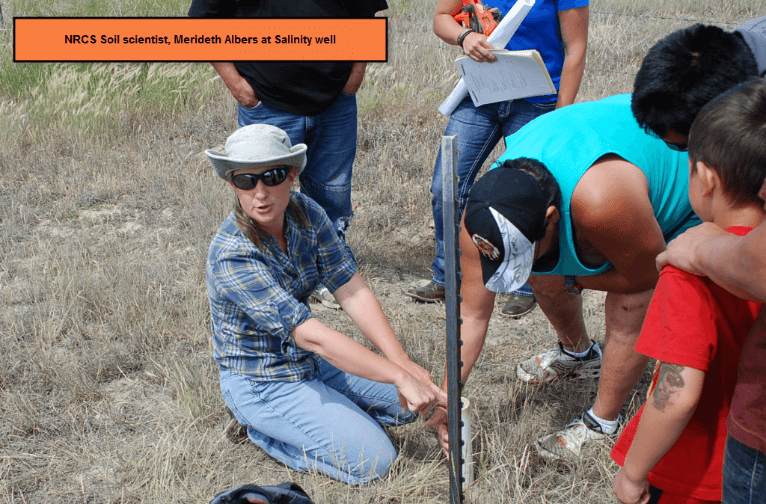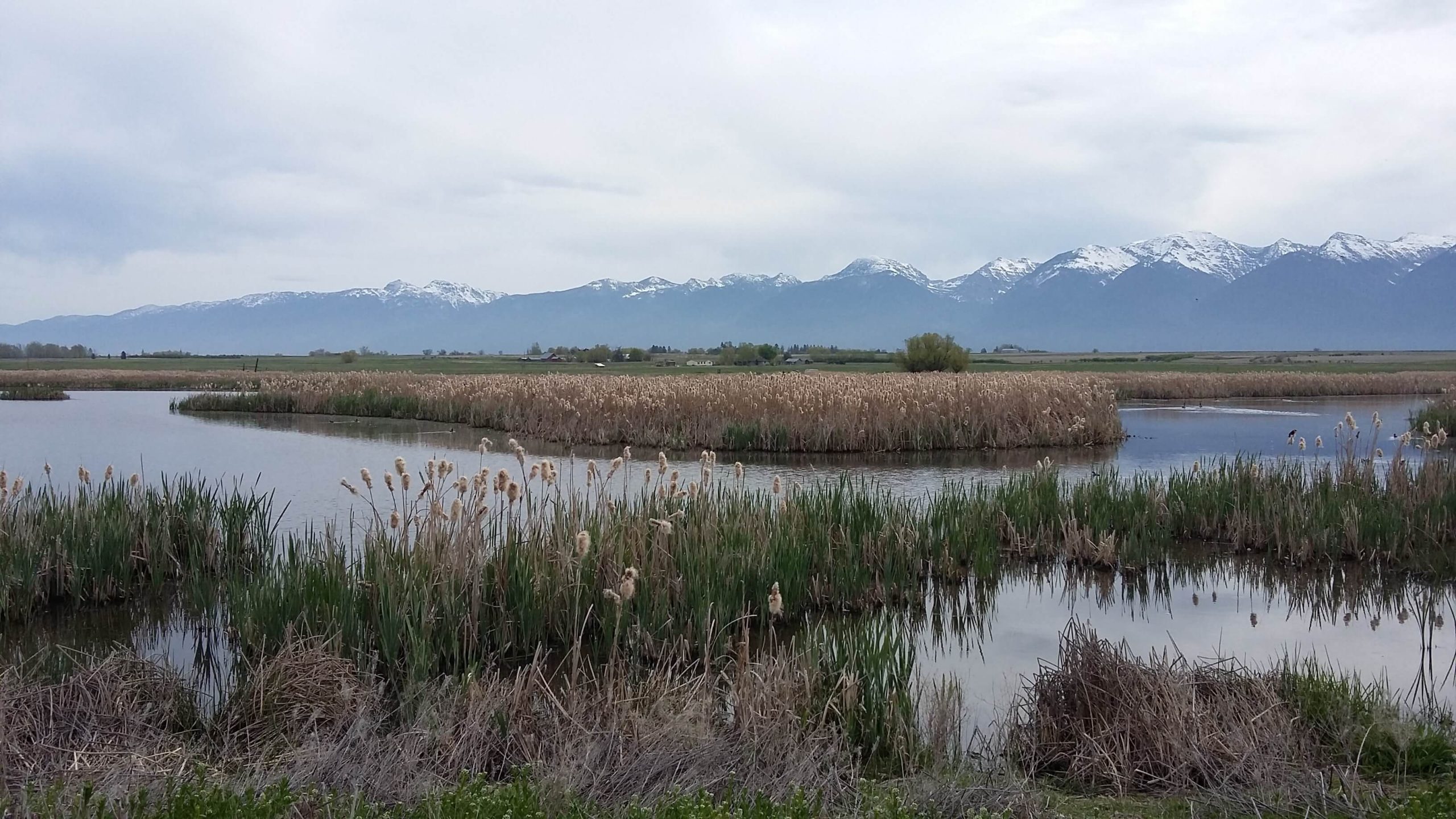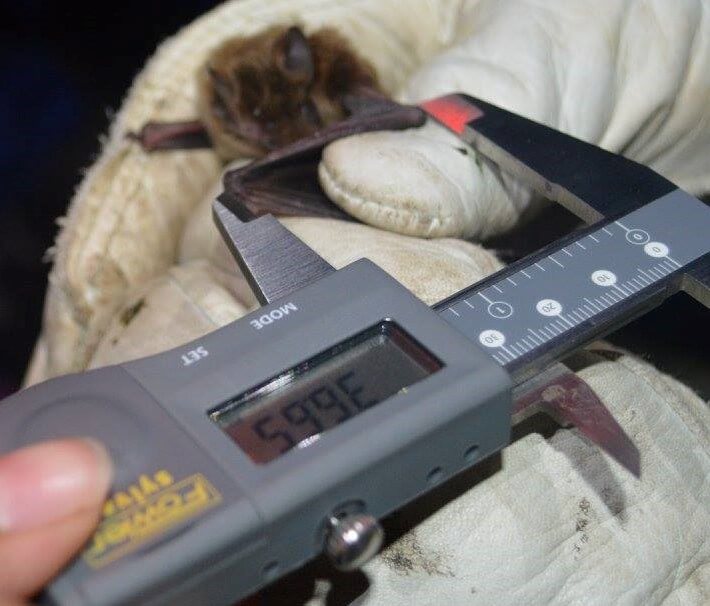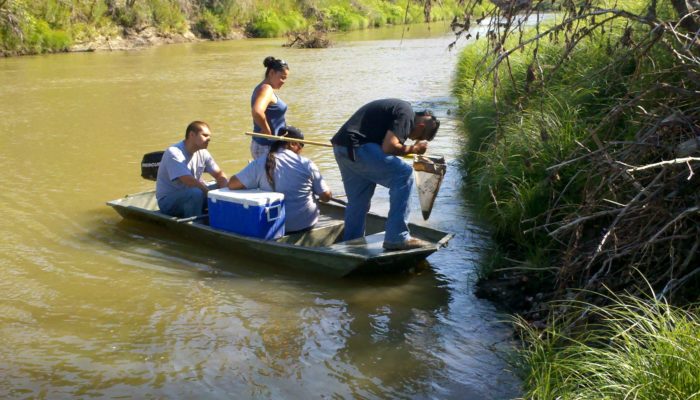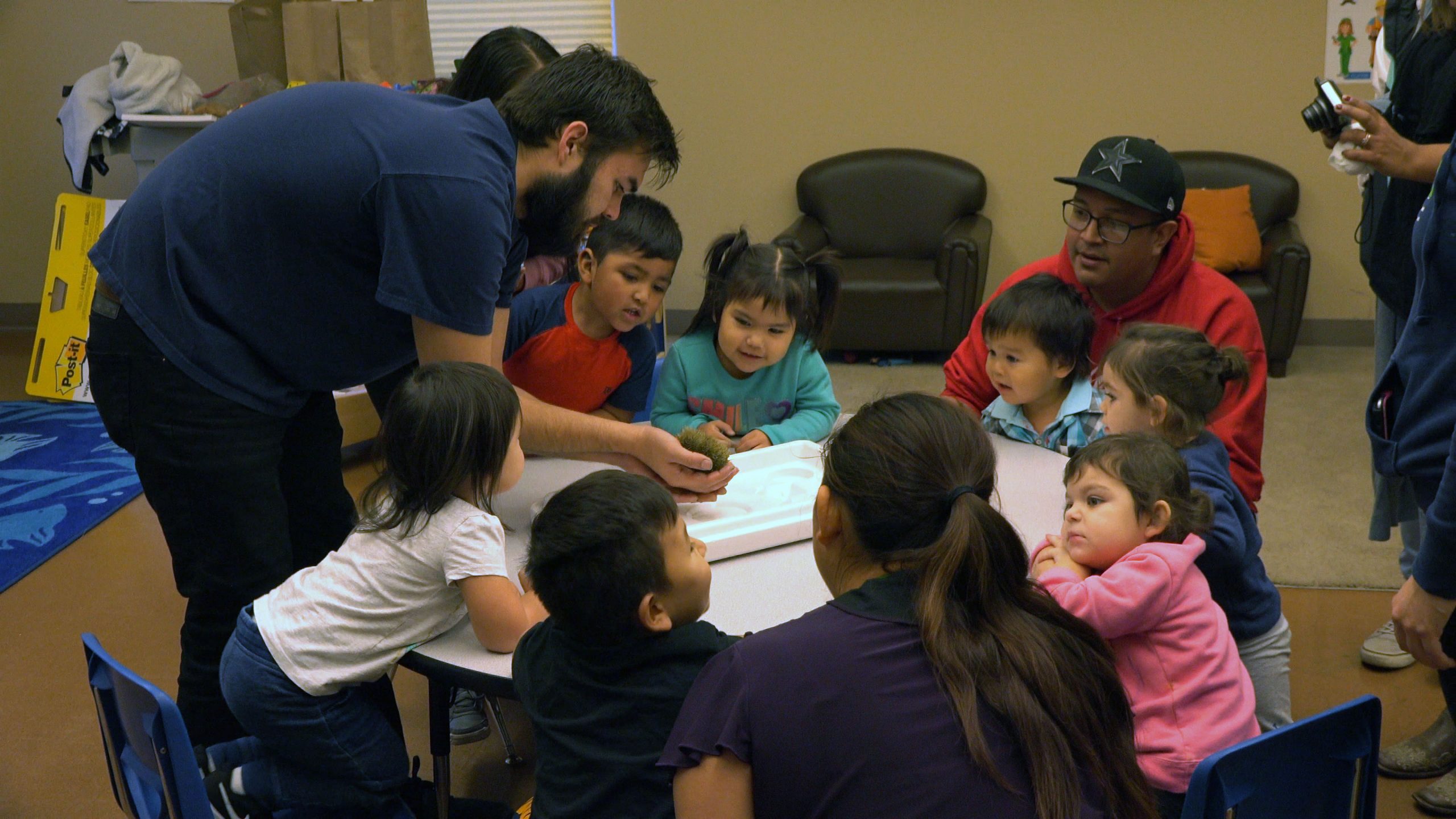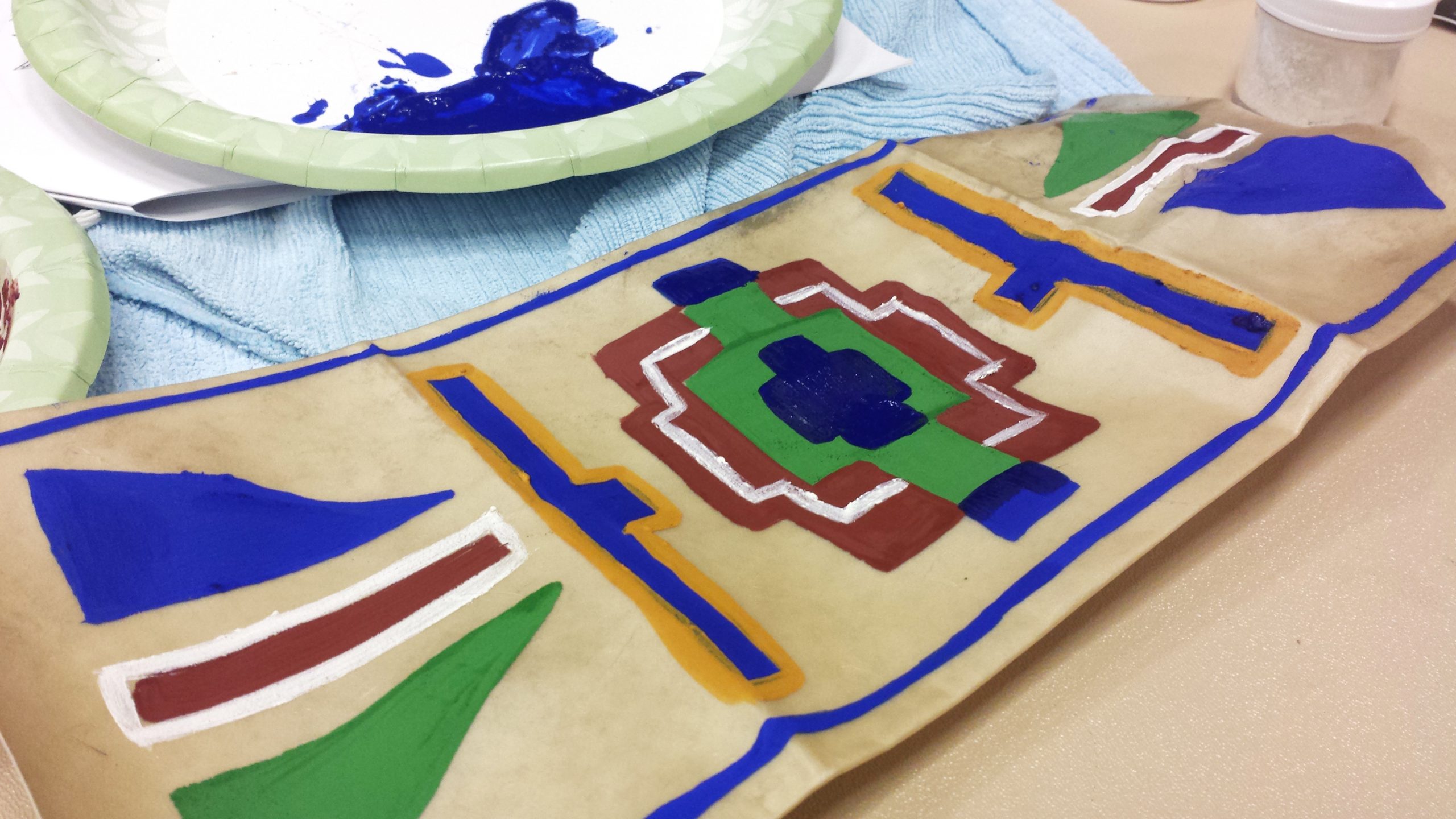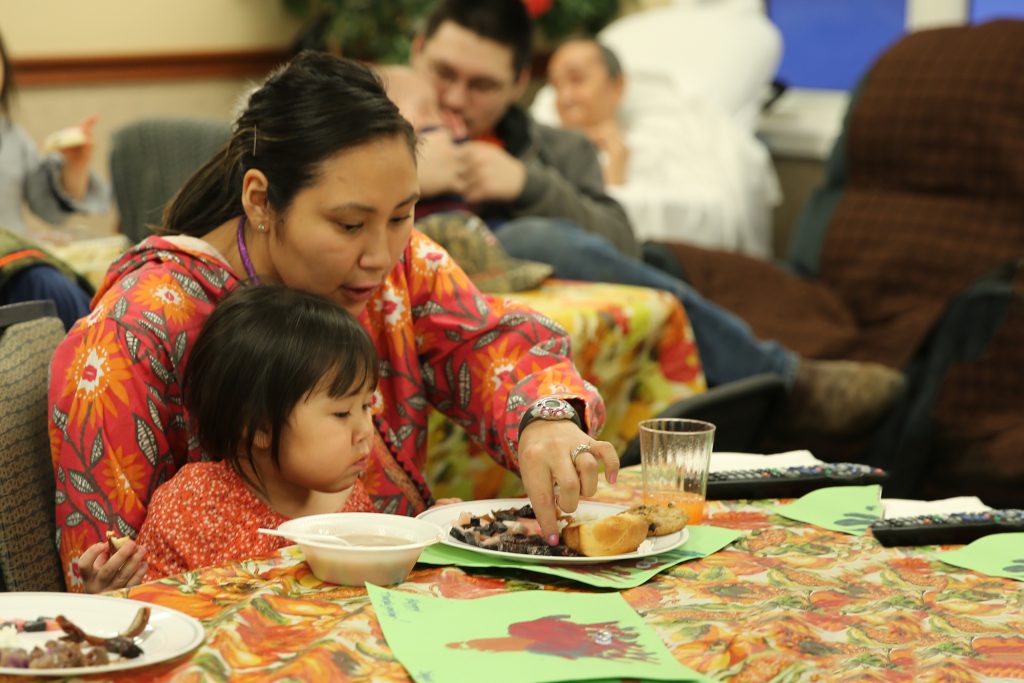Building Sustainability Pathways
2014 – 2017

About The Program
In 2013, the College Fund conducted listening sessions with twelve tribal colleges and universities (TCUs) in the upper Midwest region (Minnesota, North Dakota, South Dakota, and Wisconsin). The purpose of the sessions was to determine areas of interest and need related to institutional, faculty, and student development in the environmental and sustainability fields at the TCUs.
Shared values expressed from these listening sessions:
- Need for culturally informed sustainability practices
- Contextualization of education
- Faculty and student research opportunities that are relevant to community
- Increase technology use and skills among TCU faculty, staff, and students
Indigenous principles for sustainability and environmental science programming:
- Preservation and restoration of Native lifeways
- Intergenerational knowledge transfer
- Place-based capacity building
The development of the Building Sustainability Pathways (BSP) program from 2014-2017 was informed by these listening sessions and was designed to support capacity building at TCUs through increasing qualifications and skills of faculty, providing resources that support student completion of bachelor’s programs, and supporting development of expanded and new programs in environmental studies, sciences, natural resources, wildlife management, sustainability, and related fields. Further, academic program and course development and faculty and student development opportunities incorporated place-based and intergenerational knowledge transfer.
In 2017, Kai Teague was hired as a program administrator to oversee the BSP program. They conducted site-visits and interviews, and were intentional in developing relationships with TCU faculty, project directors, and students to understand how this work was being enacted. Insights from TCU sharing greatly informed the following Scholarly Emergence for Environmental Design and Stewardship (SEEDS) 2017-2020 program, which included the creation of dynamic capacity building grant opportunities focused on integrated components to support a more comprehensive and holistic approach.
Program Gallery

Grantees

Blackfeet Community College
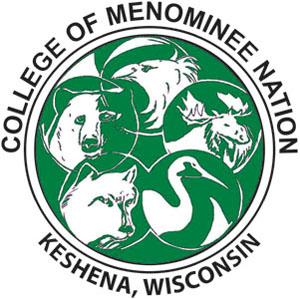
College of Menominee Nation

Fond du Lac Tribal and Community College
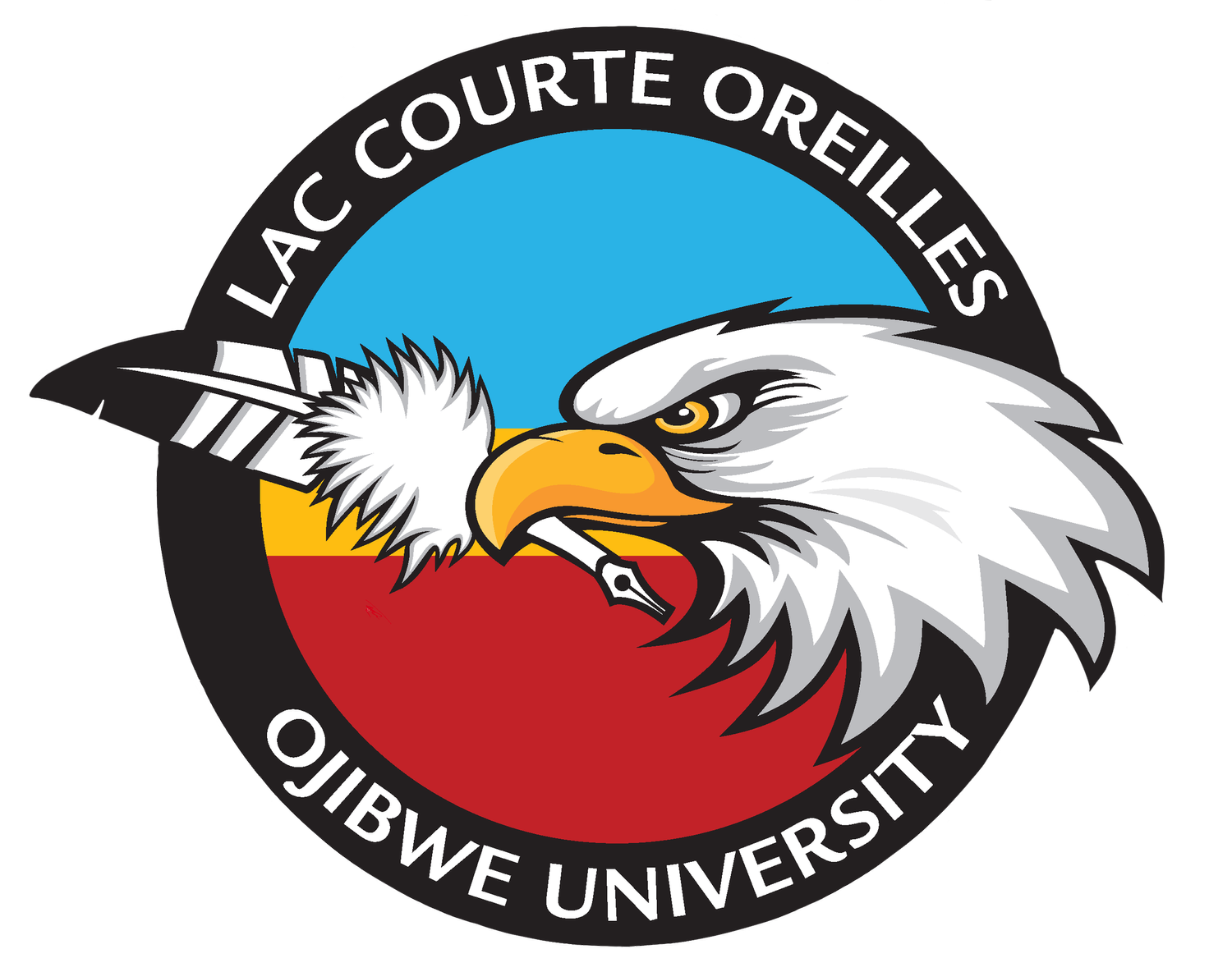
Lac Courte Oreilles Ojibwe University
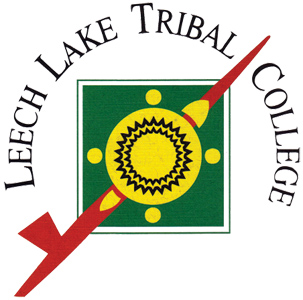
Leech Lake Tribal College
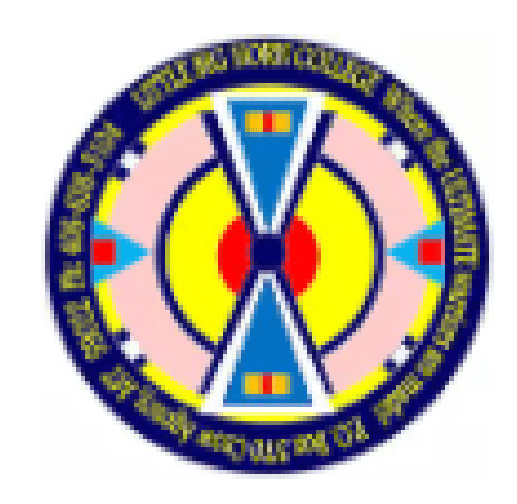
Little Big Horn College
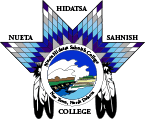
Nueta Hidatsa Sahnish College
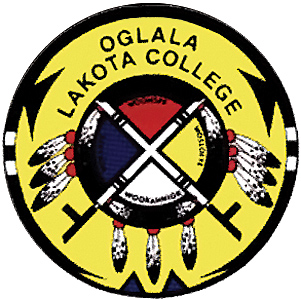
Oglala Lakota College
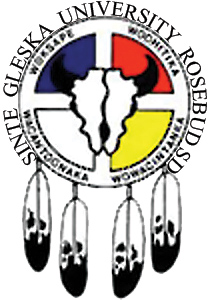
Sinte Gleska University
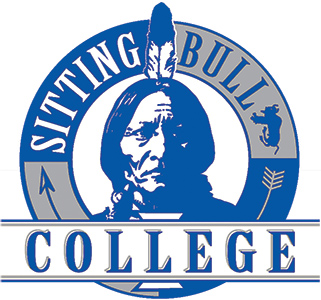
Sitting Bull College
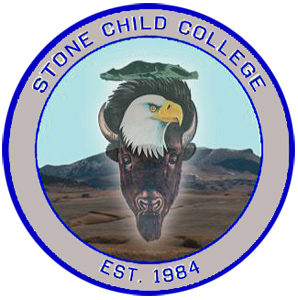
Stone Child College

United Tribes Technical College
Related Blogs
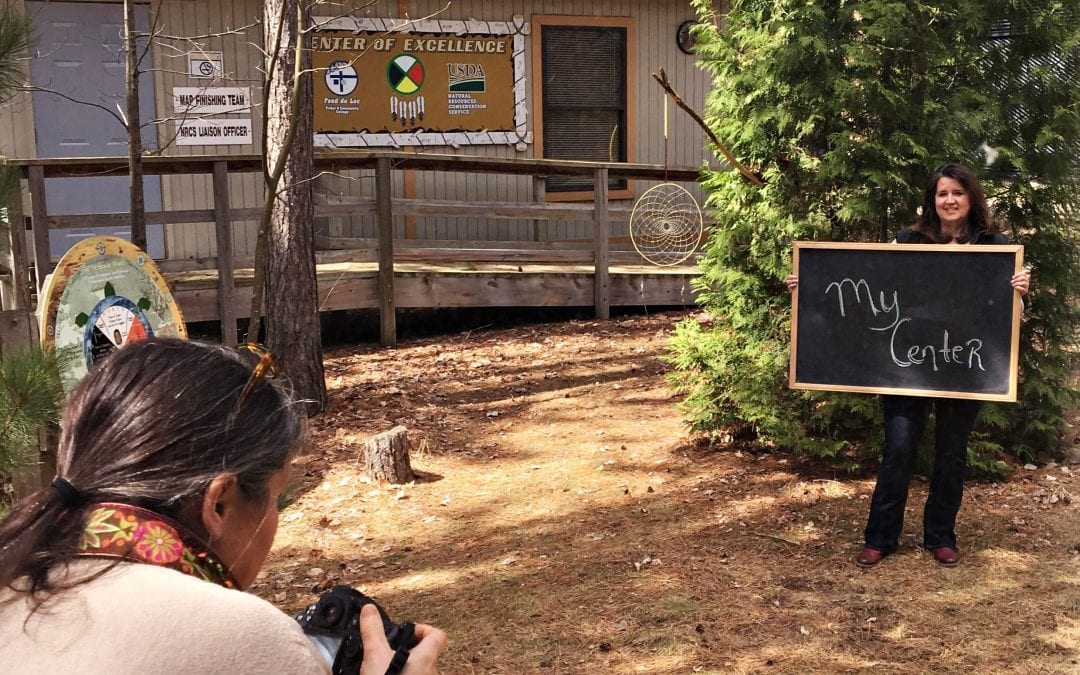
Honoring the Sacred
During this month dedicated to women, I want to acknowledge the importance of Native women who work in environmental spaces. It was primarily women who encouraged me to believe in my relationship with the earth and who acknowledge me as I am, which is to say a mixed-race queer.
College Fund Announces Environmental Program Awardees to Restore Native Knowledge for Healthy Earth
Groundwater contamination, erosion, lack of access to healthy foods, and poor air quality are just some of the environmental concerns facing American Indian communities across the United States. Yet indigenous people have long held specialized knowledge that can lead to unique solutions to these challenges.
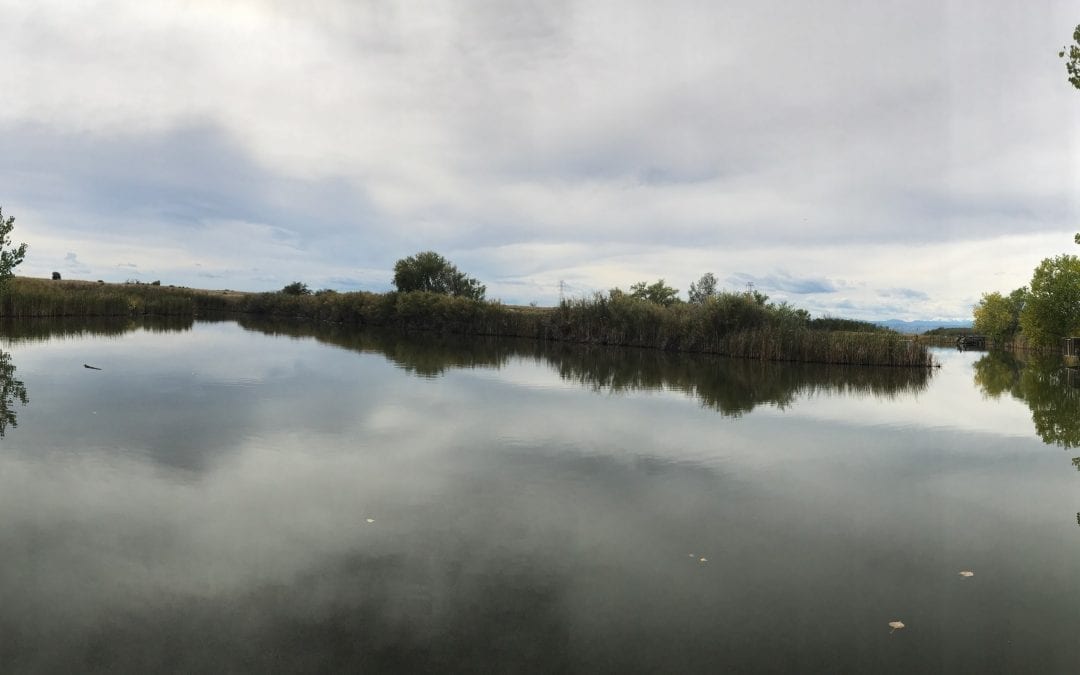
SEEDS- Environmental Stewardship is an Inherit Right, Responsibility
I recently wondered why being an environmentalist exists in a space we have to fight for, and why our individual and collective responsibility to uphold and respect relationships to place becomes the work of so few. Is it because we have partitioned our ways of thinking about relationships or is it because we are struggling to know that we are related?

Three-Year Environmental Design and Stewardship Program to Restore Native Knowledge for Healthy Earth
Groundwater contamination, erosion, lack of access to healthy foods, and poor air quality are just some of the environmental concerns facing American Indian communities across the United States. Yet indigenous people have long held specialized knowledge that can lead to unique solutions to these challenges.

